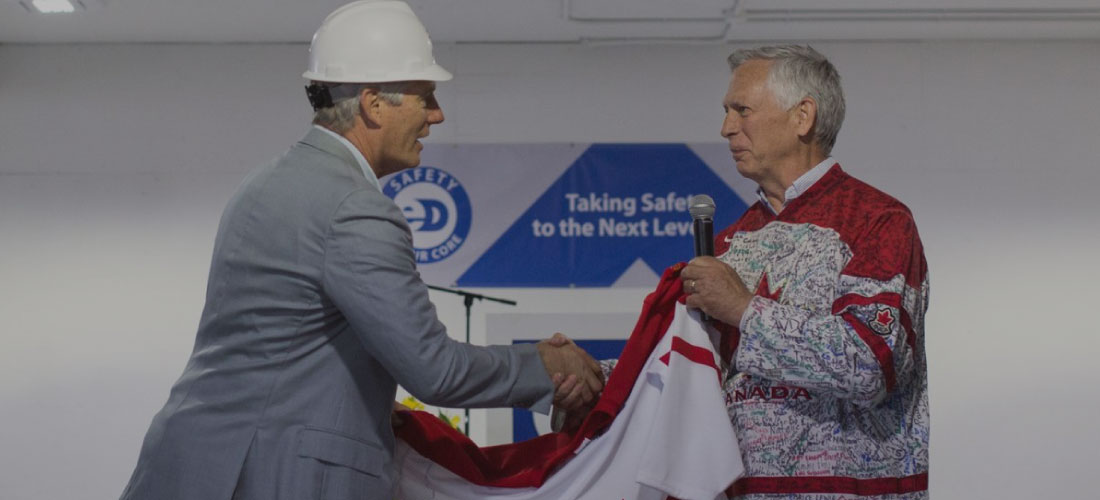
PUBLISHED
August 28, 2017
WRITTEN BY
eC Author
Social scientists tell us that our world is rapidly changing. It seems like there is a new technology being introduced every other day. The rate at which we are asked to learn new things has increased — seemingly exponentially.
In many ways, change is good. In fact, in terms of health and safety culture – the rapid change we are experiencing is great. Since starting MySafeWork 18 years ago, I have witnessed the landscape of safety change significantly. The way we think about safety has fundamentally shifted. I think rapid change in health and safety culture can be best illustrated by the two types of phone calls I used to receive:
Safety as an Afterthought
In the past, safety had been the role of the safety director. Frontline workers were not engaged in safety, apart from following documented health and safety procedures. In many companies, safety was not viewed as a place where new innovations were birthed – instead it was seen as an afterthought; at best a necessity to keep insurance premiums down, and at worst a budget that was easy to slash when economic times were tough. Of course, no one wanted to be injured. But it’s also safe to say that most companies viewed accidents as merely unavoidable collateral damage.
It was in this kind of culture that companies would call me to see if I was available to share the story of my son to a room of their safety managers. The frontline employees were not invited, and it was almost certain that upper management had no more than a faint idea that a meeting was even happening. While these meetings always had committed people in them, it was almost as if you were preaching to the choir.
No doubt, safety managers cared about safety in their companies. Indeed, they had dedicated their entire lives to this cause. The problem was that the message of safety — particularly the business case for safety — was not moving beyond the office of the health and safety manager. Frontline workers were not engaged in innovation and upper management were often not personally engaged in the pursuit of a culture of excellence in safety.
Stale Safety Meetings
The second kind of call I would get was from companies asking that I share the story of my son, in an attempt to spice up their safety meetings. While there was some semblance of health and safety culture within these organizations, it was painfully obvious that the culture being built was predicated on boring material and and even more boring PowerPoint presentations. At this point in history, safety was not seen as a topic that could engender transformative practices in the workplace — nor was it seen as a topic that could spur on innovation and build community.
Transforming Health and Safety Culture
Thankfully, there has been a shift in this thinking. Today, great companies recognize that safety isn’t just the role of safety managers. And they also realize that safety is not just a required topic that we “just have to get through.” Instead, creating a strong health and safety culture is the role of everyone in the company, from the President’s office right through to the frontline workers. Good companies recognize that all levels of the organization need to be engaged in safety. Creating this kind of safety culture is a roadmap to greater profitability and to new innovations that will create sustainable jobs into the future. As safety culture continues to change and expand I think we can look forward to continued improvement and life saving ideas for many years to come.
Rob Ellis is a Governor General award-winning communicator, committed to helping companies create strong safety cultures. He founded MySafeWork in 1999 after losing his 18-year-old son in a workplace accident.
Empower Your Employees
& Protect Your Business
We can make effective changes to
your health and safety processes.
Learn how Lisbon Valley reduced time allocated to administrative tasks by 79%.
READ CASE STUDY →